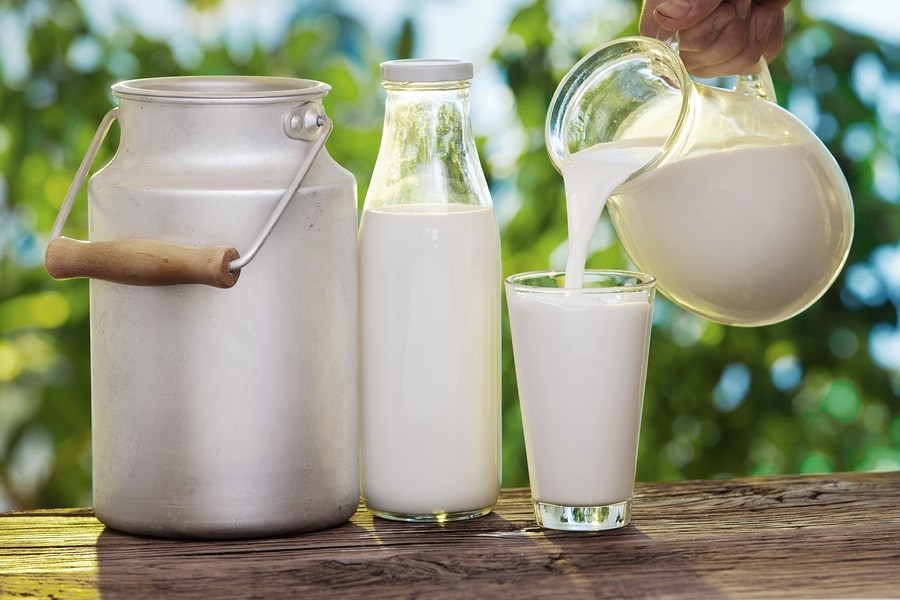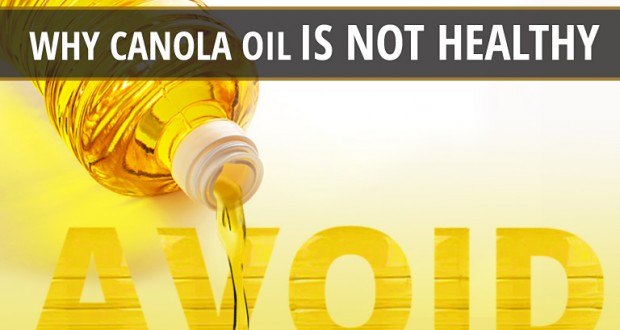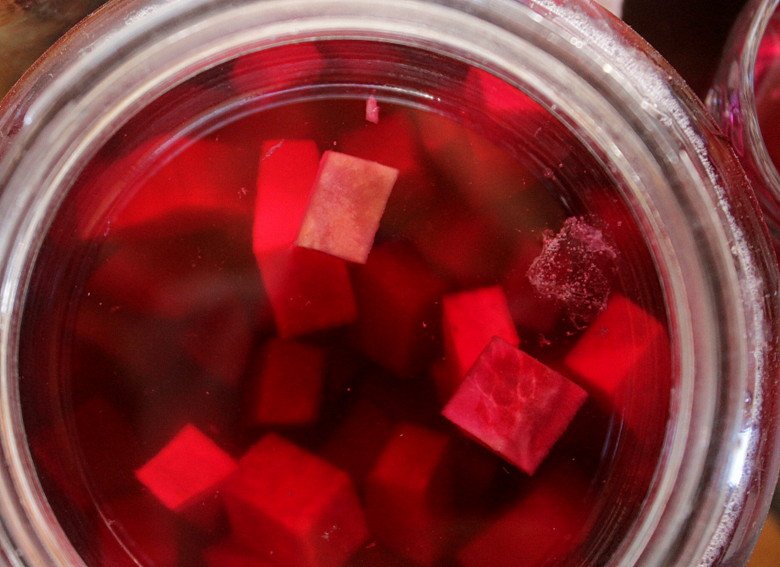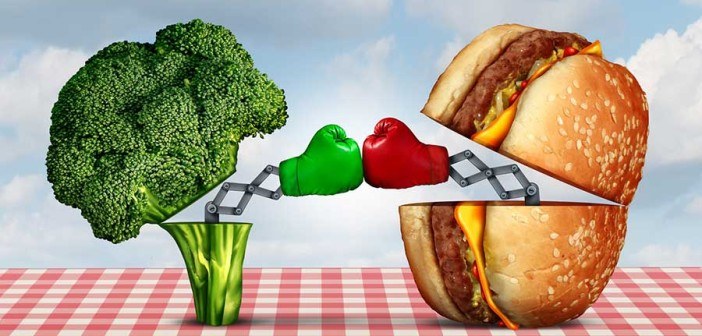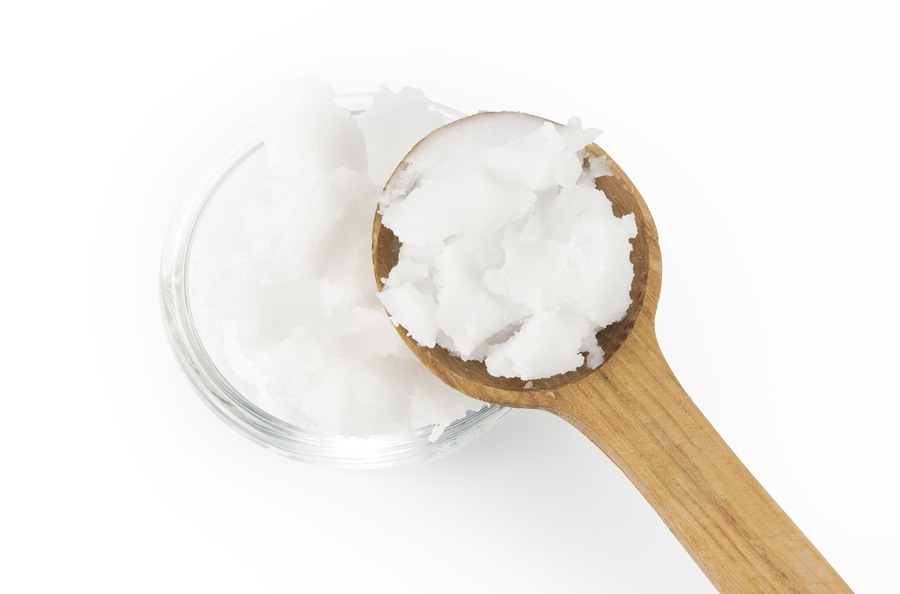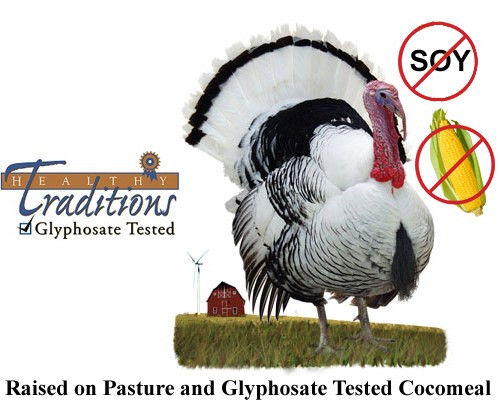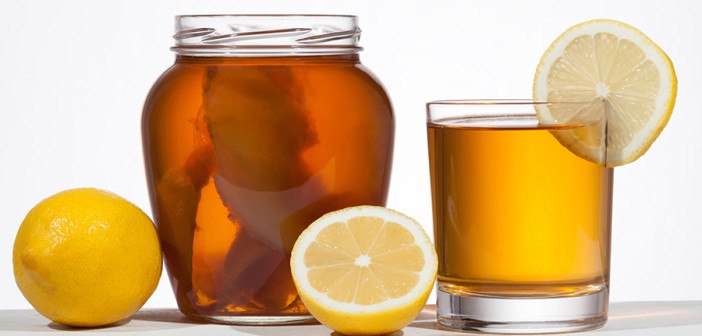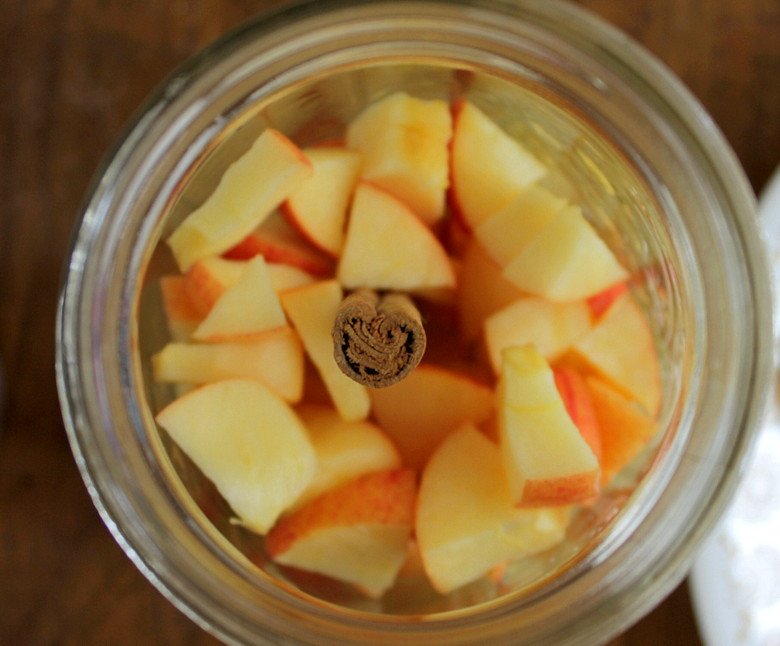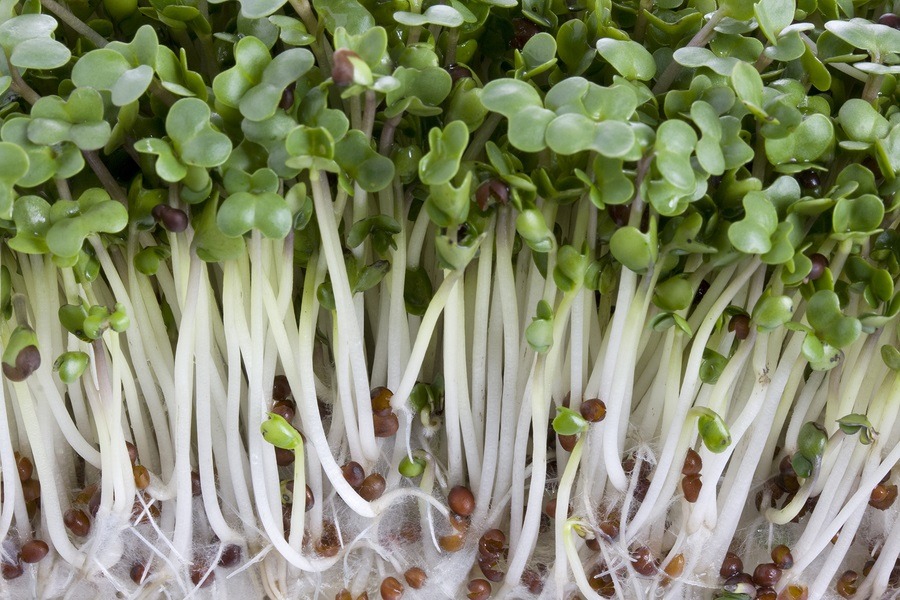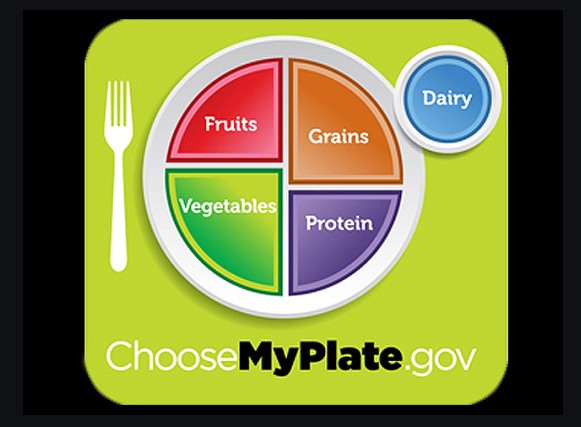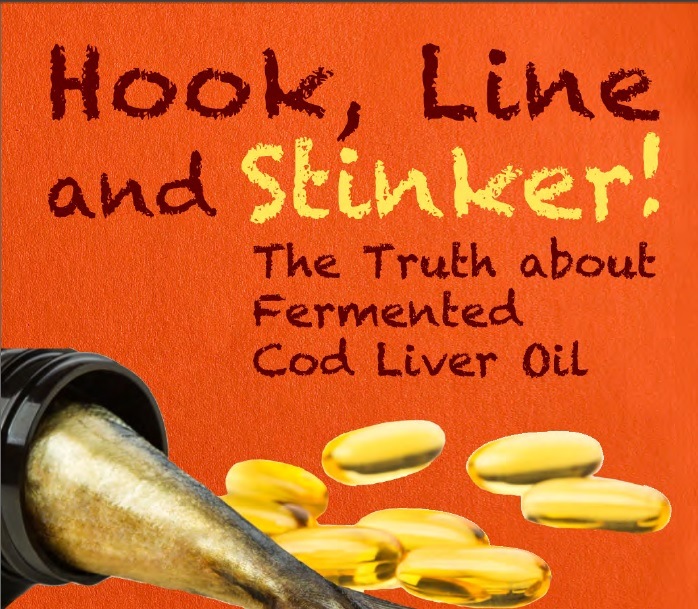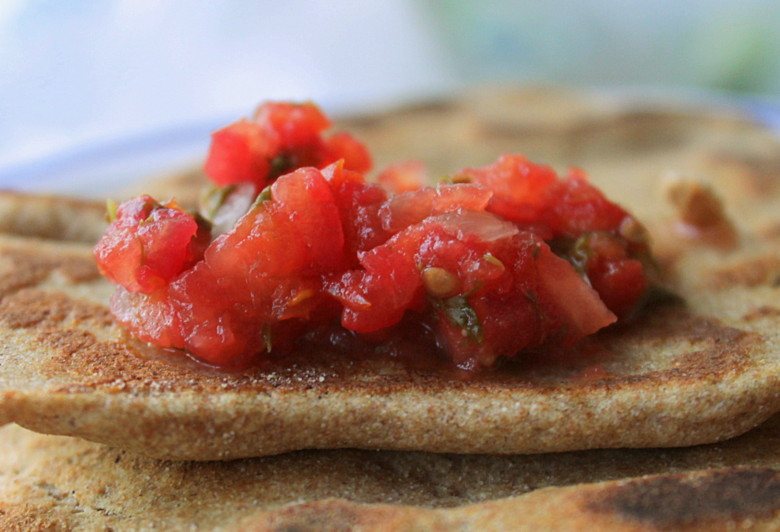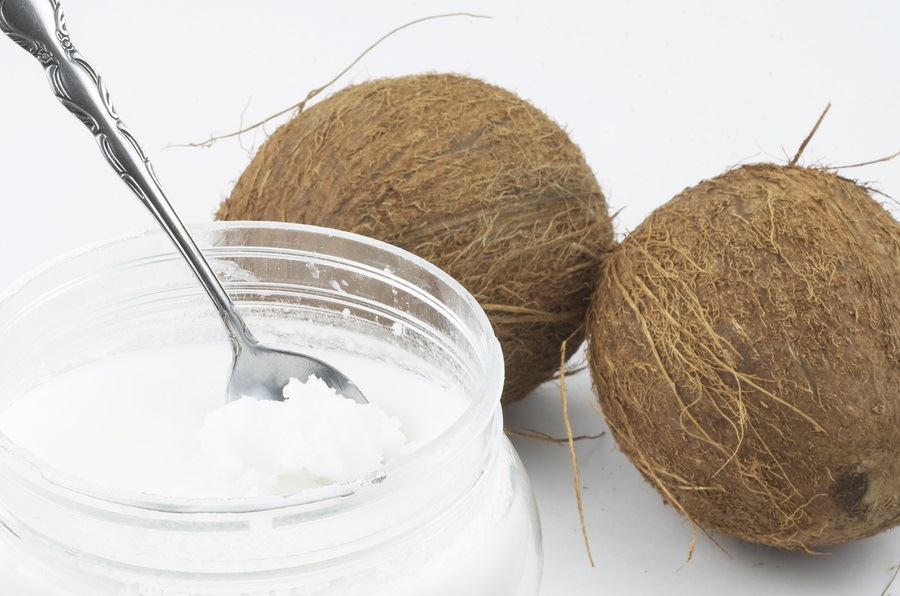News regarding traditional wisdom and native diets regarding nutrition.
Is Whole Milk Dairy Better Than Low Fat?
Are you still eating low-fat or no-fat dairy products? If you are, you probably think you’re doing the right thing for your health. And if you check with virtually any public health agency, they’d wholeheartedly agree. The American Heart Association, American Diabetes Association, and American Cancer Society, for instance, all recommend low-fat or no-fat dairy. The US Department of Agriculture, in their nutrition guidelines for Americans, also advises, “Dairy Group choices should be fat-free or low-fat.” So what’s the problem? The advice to eat low-fat foods, including dairy, is antiquated, at least back to the 1970s, when low-fat diets were first recommended. It’s also not scientifically supported, and if you’re choosing low-fat over full-fat, not only are you missing out on taste, flavor and satisfaction, but you’re missing out on valuable benefits to your health – benefits that come from eating full-fat foods.
Why Canola Oil is Not the Healthy Oil You’ve Been Led to Believe
We can trace olive oil back to olives and sesame seed oil back to sesame seeds, so wouldn’t it make sense that canola oil would come from canola seeds? Well, it’s not the case. There is no natural canola plant that produces canola oil. In the late 1960s canola oil was invented in Canada. The oil was cheap to manufacture and a dominant ingredient in many processed foods. A derivative of the rapeseed plant, which is part of the mustard family of plants, canola oil has been hybridized to eliminate the lethal erucic acid found in rapeseed. The name was changed to LEAR: Low Eruric Acid Rapeseed. LEAR was not well received in the US as its association with rapeseed was too glaring. Not to mention having the word “rape” in a product name, which did not promote a healthy image. In 1978 the food industry merged the words “Canada” and “ola” meaning oil – creating the name Canola Oil.
Beet Kvass: An Easy Fermented Tonic You Can Make at Home
Among the many fermented beverages available to the home-fermenter, beet kvass is often the least known. That is unfortunate since it is also one of the simplest fermented beverages one can make and many find it to be a wonderful tonic when taken on a daily basis. It is said that beet kvass originated in the Ukraine. It is here where beets are well-loved and oft-used in the kitchen. Beet kvass is just one way in which this traditional culture has incorporated the nutrient-rich beet into their everyday diet.
Stop State Monopolies on “Approved” Nutritionists Backed by Big Corporate Food
In recent years we have made a lot of progress working together to protect free speech and ensure an open marketplace for qualified nutrition professionals. We have now sent letters to legislators in over a dozen states, warning them that their restrictive nutrition boards are violating federal law in the aftermath of recent court rulings. None of the letter recipients have admitted guilt yet—they wouldn’t. A second wave of letters is now directed to key lawmakers in these states—to the people who have the power to change the actual laws currently on the books governing how state dietetics and nutrition boards operate. ANH-USA will also be working with legislators to amend state laws to reflect these recent court victories. In the end, we may have to pursue legal action in order to get reform.
Schools Let Chick-fil-A Propagandize GMO/Chemical Food Directly To Kids
Is Chick-fil-A food "better fast food?" Do the GMOs, trans fats, additives and preservatives in virtually all the products say otherwise? And how is it that this corporation is allowed to place its mascot squarely in the middle of our children's place of education?
Study: Reducing Sugar in Unhealthy Kids Brings Rapid Improvement
The researchers decided to use children who were obese and experiencing metabolic disorder (prediabetic). The study's purpose was to determine whether isocaloric (equal calorie) substitution of starch for sugar would improve metabolic parameters in 27 Latino and 16 African-American children with obesity and metabolic syndrome aged 8 through 18, with a mean age of 13. No attempt was made to change the essential dietary food habits of the children. Foods provided were purchased from nearby regular supermarkets. Their processed and junk food levels remained the same except for their sugar content. Sugar caloric intake was reduced from 28% to 10%. The missing calorie count from the decreased sugar was compensated by an equivalent amount of calories using starchy foods. The study diet contained comparable percentages of protein, fat, and carbohydrates as their reported normal diets. Chips and pizza were not excluded. They were not converted to a whole food organic diet. Foods loaded with added sugars such as high-sugar cereals, pastries and sweetened yogurt were excluded. Diastolic blood pressure, the bottom number indicating the pressure in the arteries when the heart rests, was reduced significantly, as were lactate, triglyceride, and LDL-cholesterol blood levels. Glucose tolerance and hyperinsulinemia (excess insulin) also improved significantly. These improved markers for metabolic disorder or prediabetes in such a short time with only one dietary change are very significant.
Coconut Oil and Other Saturated Fats Are Essential for Health
Saturated fats are commonly solid fats like animal and dairy fats and plant fats like nuts, avocado, and coconut oil. Unprocessed coconut oil remains solid up to 76 degrees Fahrenheit. It's impossible to know about a food's health benefits if the food is officially taboo. The nutritional taboo of saturated fat started by one man's highly publicized hypothesis that declared dietary saturated fats as the major source of heart disease. His name was Ancel Keys, a physiologist and researcher with the University of Minnesota who conducted a massive international study called the Seven Countries Study. Even then, several scientists questioned Keys' epidemiological evidence that led to his hypothetical conclusions. Ancel Keys made the cover of Time Magazine in 1961, the year when he managed to persuade the American Heart Association (AHA) to issue dietary guidelines that excluded saturated fats. In their place came refined carbohydrates and processed vegetable oils. The false causation of heart disease from saturated fats true cause is currently scientifically disputed by iconoclastic cardiologists such as Dr. Dwight Lundell, Dr. Stephan Sinatra, Dr. Ron Rosedale, Britain's Dr. Aseem Malholtra and other cardiologists and health experts who have been courageous enough to publicly speak against the unproven theory of the saturated fat causing heart disease theory.
Tropical Traditions Offers First Pastured Turkeys Raised on GMO-tested and Glyphosate-tested Feed
Tropical Traditions announced this week that they will soon be shipping their 2015 pastured turkeys raised on pastures in Wisconsin. This year's batch offers something new: the specially formulated Cocofeed that the birds consumed was not only soy-free this year, but also corn-free, and tested for the presence of GMOs and glyphosate.
Soda Industry Dying as Americans Seek Healthy Beverages that Don’t Cause Diabetes, Obesity
Americans are finally waking up to the fact that drinking soda is an unhealthy practice. Sales of sugary, carbonated drinks have fallen dramatically in recent years, sending the soda industry into a panic. A recent piece in The New York Times by Margot Sanger-Katz details the decline in soda sales and the efforts that led to it.
Feds Taking Kombucha Off Shelves?
The Alcohol and Tobacco Tax and Trade Bureau, a division of the US Treasury Department, recently sent letters to several producers of kombucha, warning them that since their beverages supposedly exceeded the allowable alcohol limit, they must be labeled as alcoholic beverages and be subject to alcohol regulation or face hefty fines and legal action. Kombucha is a fermented tea drink brewed with yeast and bacteria. The drink contains trace amounts of alcohol, but it typically falls below the federal limit of 0.5% alcohol by volume. Why is this happening? Is there a safety concern? Not in the least. On the contrary, kombucha appears to be very good for you. It seems unlikely that the government would go after kombucha without prodding from some special interest. Has the soft drink industry detected a threat from a rapidly growing market and decided to use the power of the federal government to eliminate competition? There doesn’t seem to be another explanation.
How to Make Fermented Cinnamon Apples
This time of year brings fermented sauerkraut, fermented dill pickles tucked into the pantry, and even fermented fruits. While fruit fermentation is generally consumed shortly after fermentation, unless alcohol fermentation is desired, there is every reason to take advantage of the seasonal abundance. Fermenting fruit can prove a bit more complicated than vegetables, due to their higher sugar content. But so long as a few principles are adhered to, the process is just as simple as the lacto-fermentation of vegetables. Raw fruits are, of course, a wonderful food all on their own. So, why ferment them? Well, a few benefits can be added through fermentation, not the least of which is the boost in beneficial bacteria. Fermentation also creates a complex flavor through its lactic acid tang which compliments many dishes. Not to mention the fact that you can add one more fermented food to your day’s meals and both old and young are particularly fond of sweet, tart fruit ferments.
Sprouted Broccoli Increases Anti-Cancer Properties 50X
It's well known among health conscious consumers and holistic health practitioners that broccoli and other related cruciferous vegetables such as cauliflower, cabbage, garden cress, bok choy, and brussels sprouts offer antioxidant protection against developing cancer. Micro-nutrients that protect against cancer, known as isothiocyanates, are high in broccoli. The most powerful isothiocyanate tumor stifling ingredient recently isolated from broccoli is known as sulforaphane. But the amount of broccoli needed to protect against cancer is beyond the comfort zone of most modern folks. And the fact that so few are raw vegans puts broccoli into various types of cookware. Cooking destroys many enzymes in veggies that are needed to metabolize whatever macro and micro nutrients are available with raw vegetables. However a powerful solution exists with broccoli sprouts. The sprouts are more nutrient dense and contain up to 50 times or more of the amount of sulforaphane than normal broccoli.
Ballooning Diabetes Rates Highlight the High Cost of Cheap Food
The recent case of an American toddler diagnosed with type 2 diabetes highlights the severity of the problems our modern processed food diet causes. According to Reuters,1 the three-year old girl, who weighed in at 77 pounds, is one of the youngest persons ever diagnosed with this obesity-related disease. In the past, type 2 diabetes was referred to as “adult onset” diabetes, and most patients were in the senior category. But as our diets and lifestyles have changed, so has the disease. And, while lack of exercise is certainly a factor, one would be hard-pressed to accuse a two-year old of being too sedentary. Clearly, diet plays a more important role in individuals this young. So what’s wrong with children’s diets these days?
Can We Trust the New USDA Dietary Guidelines to Keep us Healthy?
Our national government's attempts at issuing dietary guidelines are usually inappropriate and ludicrous. Unfortunately, those guidelines dictate what the average certified dietitian offers as sound dietary advice. If you've ever had to eat hospital food, you were the recipient of a dietitian's control over the hospital's kitchen. Today there are virtual food fights over different dietary approaches. It seems the advocates of each diet want to create a following and promote how their particular approach to eating assures longevity and good health. But there is no one size fits all diet. This isn't about therapeutic diets for overcoming specific diseases, especially cancer. Rather, this commentary is about assigned bureaucrats effort to decree a day to day dietary intake for maintaining one's health. A recent article decrying current national efforts at dictating dietary advice by journalist Nina Teicholz was recently published in the BMJ (British Medical Journal). Nina authored The Big Fat Surprise: Why Butter, Meat and Cheese Belong in a Healthy Diet. Her book received accolades from literally hundreds of Amazon reviewers and some New York based magazines. Those responses struck this author as a carnivores' chorus of affirmation with a prolonged amen.
New Congressional Bills Aim to Protect Consumer Access to Raw Milk
Federal bills have been introduced that will make it easier to sell raw milk across state borders—but they need our support to succeed. Late last week, Rep. Thomas Massie (R-KY), Chellie Pingree (D-ME), and a bipartisan coalition of sixteen other lawmakers including Jared Polis (D-CO), have reintroduced two important bills, the Milk Freedom Act and the Interstate Milk Freedom Act. The Milk Freedom Act would prohibit the government from interfering with the interstate traffic of raw milk products. The Interstate Milk Freedom Act would explicitly allow the shipment of raw milk between two states where the sale of raw milk is already legal. While the goals of these bills may seem rather modest, their passage would mean a huge step forward, given the lunacy of the government’s current stance on raw milk.
Is Raw Milk Cheese About To Get The Axe?
Now it appears that Barack Obama’s FDA is going after our best domestic artisanal cheeses, also often made from raw milk. What is the stated rationale for this? The FDA and Health Canada issued a joint assessment claiming a higher incidence of listeriosis—the disease caused by the food-borne pathogen listeria—in cheese made from raw milk as compared to cheese made from pasteurized milk. Consider these facts about listeria. Recent evidence from the Centers for Disease Control and Prevention (CDC) shows that, between 2009 and 2011, cheese made from raw milk accounted for one listeria outbreak and fifteen illnesses, whereas cheese from pasteurized milk caused five outbreaks and thirty-six illnesses. Let’s put this in further perspective. The CDC determined that between 1993 and 2006, all raw milk products combined caused 202 hospitalizations and two deaths. If the FDA is truly motivated by food-safety concerns, why not take a more aggressive stance towards Concentrated Animal Feeding Operations (CAFOs), since contaminated meat and poultry sicken an estimated one million people and kill at least one thousand each year? If the FDA receives enough messages protesting the path they are clearly on to ban raw milk cheese, they will likely back off for fear of offending Congress, which has to listen to the voters—so please take action on this issue!
Report: “Fermented” Cod Liver Oil a Fraud
The alternative health/natural foods world was shocked yesterday by a new report published by Dr. Kaayla T. Daniel, PhD, stating that "fermented" cod liver oil is allegedly not what it is advertised to be according to lab testing. The report suggests that the product is rancid and adulterated. This "fermented" cod liver oil is fully supported by the Weston A. Price Foundation, where Dr. Daniel currently serves as Vice President. David Gumpert of The Complete Patient broke the story yesterday (Saturday August 22, 2015), but his website is currently down at the time of this writing. The significance of this report cannot be understated, since the company manufacturing this "fermented" cod liver oil has a virtual monopoly on the product, with many consumers depending upon it for health purposes. Some, such as Dr. Ron Schmid, have gone so far as to claim that the product has damaged their health. We are expecting a rebuttal from Green Pasture, the company in question, and will post a link to it as soon as they publish it. As the owner and founder of Tropical Traditions, I take the matter of transparency and integrity of food products very seriously, and I encourage the Weston A. Price Foundation to conduct a full investigation into this matter, and cooperate with Dr. Daniels. We, along with everyone else in the alternative media and natural food industry, will be watching very carefully to see how Dr. Daniels is treated in her effort to protect consumers' health.
How to Make Your own Lacto-Fermented Salsa
Salsa is widely loved for its ability to spice up - or simply add flavor to - any dish, Mexican-themed or not. Unfortunately, it is hard to find good salsa in regular markets. With the high pesticide content of peppers, tomatoes, and onions along with the genetic modification of tomatoes, what was once a healthful addition to the meal has now become a big question mark on the table. To really get the most bang for your buck, making homemade salsa from ingredients you know and trust is always your best bet. While ingredients can be combined into a spicy concoction and then canned to preserve them, many are coming around to fermentation as a means of making delicious, organic salsa. Here's a recipe you can use to make your own fermented salsa.
Saturated Fat Helps Avoid Diabetes
About one in three Americans now has diabetes or pre-diabetes. That's nearly 80 million people, the majority of whom suffer from type 2 diabetes – a preventable and, often, reversible condition. The problem is that many Americans are unaware that the foods they're eating could be setting them up for a dietary disaster, and this isn't their fault. Public health guidelines condemn healthy fats from foods like butter and full-fat dairy and recommend whole grains and cereals – the opposite of what a person with diabetes, or any person really, needs to stay healthy. For the last 50 years, Americans have been told to eat a high complex carbohydrate, low saturated fat diet. Even diabetics have been told to eat 50 to 60 percent of their daily calories in the form of processed carbs! Research, including a new study involving dolphins, again suggests that this movement away from traditional full-fat foods is contributing to the rising rates of diabetes and metabolic syndrome across the globe.
The Illusion of Choices in Choosing a Restaurant – Toxic Factory Food from a Handful of Suppliers
There are dozens of chain restaurants from which we can choose when we go out to eat. Some are fast-food eateries with counters for ordering, and others are traditional sit-down table service restaurants. Probably McDonalds is the most well-known fast-food chain, but dozens of other chains dot the landscape of towns and cities throughout America. As of 2012, there were 263,944 fast food restaurants in America with a combined revenue of well over $100 billion. If we set aside all the reasons for eating in specific fast-food restaurants, and only focus on the quality of food that is served, then where should we eat? Which restaurants offer the least toxic food? It might appear that we have dozens of choices, but this is actually an illusion. The difference between one fast-food restaurant and the next is negligible when considering the high levels of toxic ingredients that are in the food.




